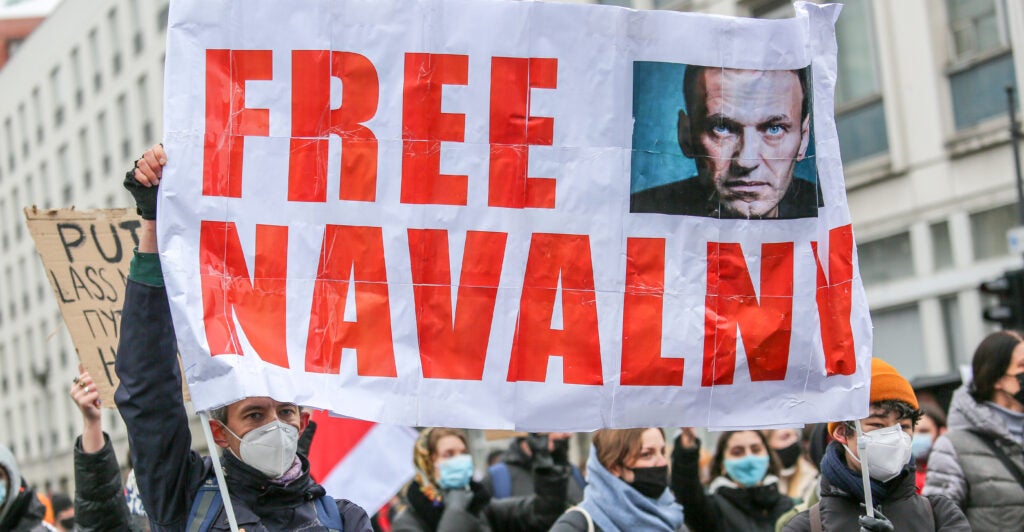The United States and Russia on Wednesday will hold the first round of a Strategic Stability Dialogue in Geneva. Talks of this type will be the first in about a year—and the first for the Biden administration.
The meeting will focus on reducing the risk of nuclear war and on arms control. How the United States approaches those talks will be an important indicator of the White House’s posture toward the Kremlin moving forward.
It’s critical that Team Biden gets it right.
Unfortunately, the talks come at an extraordinarily difficult time in U.S.-Russian relations. Some would even say that bilateral ties are at a post-Cold War low. For instance, Washington and Moscow remain at odds over Russia’s annexation of Crimea in 2014 and its support of the ongoing insurgency in the eastern part of Ukraine.
Of course, there’s also Russia’s continued occupation of Georgia and its support of the Bashar Assad regime in Syria during the conflict there. Don’t forget about Moscow’s meddling in Belarus.
You can add to that the Kremlin’s possible direct or indirect involvement in cyber operations against the United States, including ransomware attacks and the SolarWinds hack.
Human and political rights in Russia—or the lack thereof—are also a concern. The attempted assassination of political opposition leader Alexei Navalny is especially egregious.
On arms control, Moscow has violated the Intermediate-Range Nuclear Forces Treaty and the Open Skies Treaty, and is in clear breach of the Chemical Weapons Convention.
And so on.
The point is that relations are very rocky, but the Biden administration must, at minimum, still make the following difficult points:
- Missile Defense: U.S. missile defense isn’t on the table for negotiation. While it doesn’t affect Russia’s nuclear deterrent, the Kremlin hates it. In light of growing missile threats (Iran, North Korea, etc.), we’re entitled to our right of self-defense, which missile defense increasingly provides.
- China’s Buildup: Beijing is involved in an unprecedented—some have said “breathtaking”—nuclear buildup. According to some estimates, it’s possible China could have as many operational warheads as the U.S. and Russia in the coming decade. It must be brought into strategic arms control talks.
- “Exotic” Weapons: Russia is developing and deploying a slew of nontraditional nuclear weapons, from intercontinental ballistic missile-launched hypersonic weapons to unlimited-range cruise missiles to intercontinental torpedoes that may be unconstrained by any treaty or agreement. The question: How do these novel weapons fit into existing U.S.-Russian arms control?
- Tactical Nukes: Moscow has significant advantages in low-yield, “battlefield” nuclear weapons in Europe. These weapons must be brought into arms control negotiations, especially considering Russia’s potential strategy to employ these weapons in an attempt to win a future conflict in Europe.
- Chemical Weapons: Russia’s use of the nerve agent Novichok against Navalny is evidence of the existence of a Russian offensive chemical weapons program—and a violation of the Chemical Weapons Convention. Moscow must end this program and come back into compliance with that multilateral treaty.
Of course, considering the state of U.S.-Russia relations, we should keep our expectations for “progress” on those and other issues low. A thin gruel of a photo-op and a joint statement may be all we get.
But the opportunity for substantive dialogue is important. At this moment, more predictability, stability, and communications would be welcome in U.S.-Russian relations.
Have an opinion about this article? To sound off, please email letters@DailySignal.com and we’ll consider publishing your edited remarks in our regular “We Hear You” feature. Remember to include the url or headline of the article plus your name and town and/or state.
